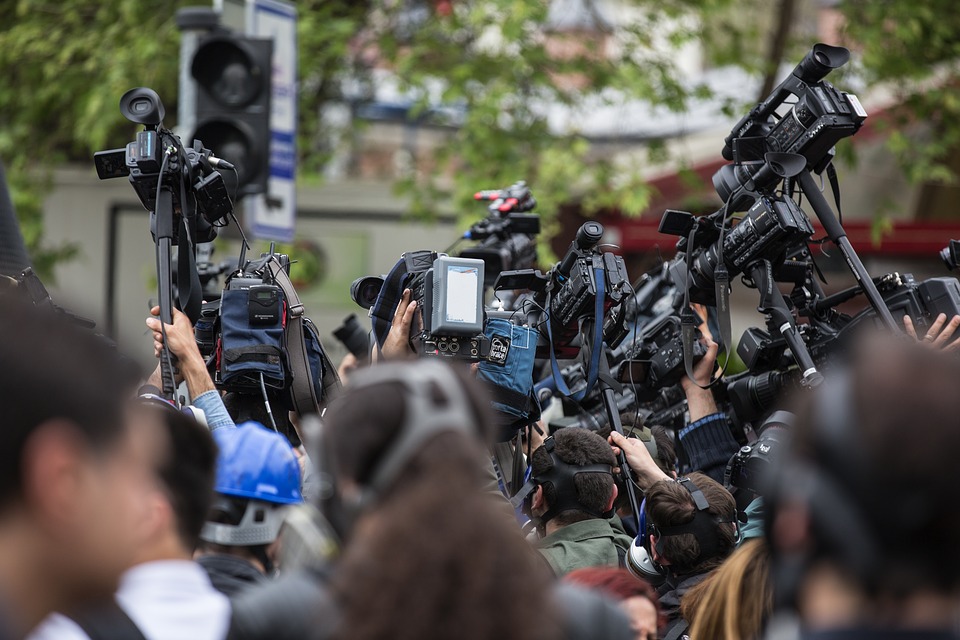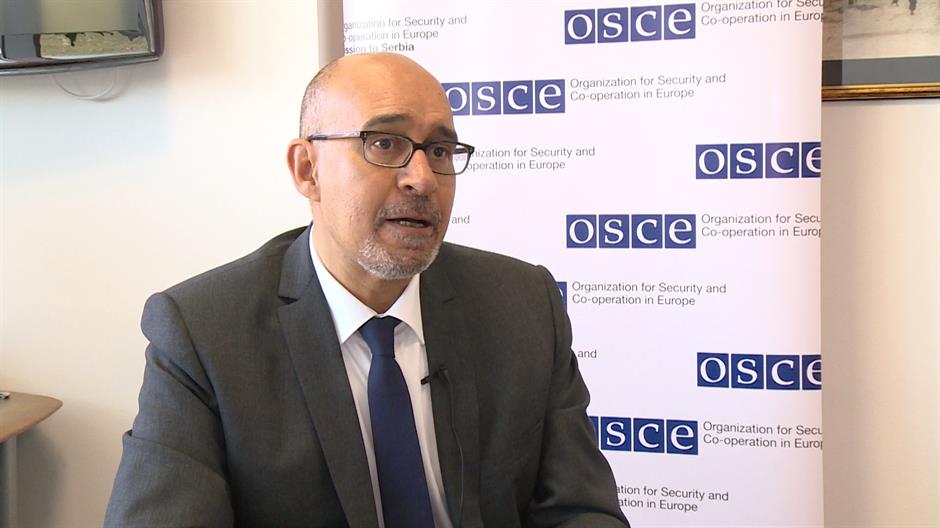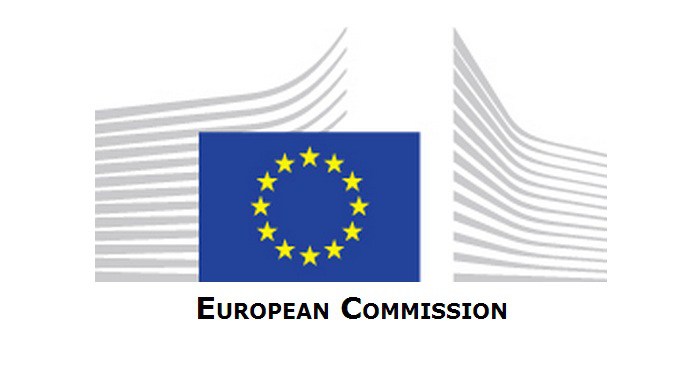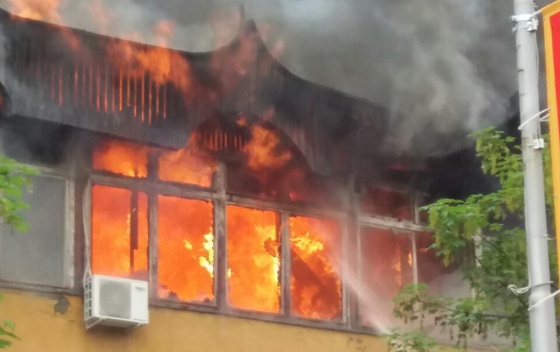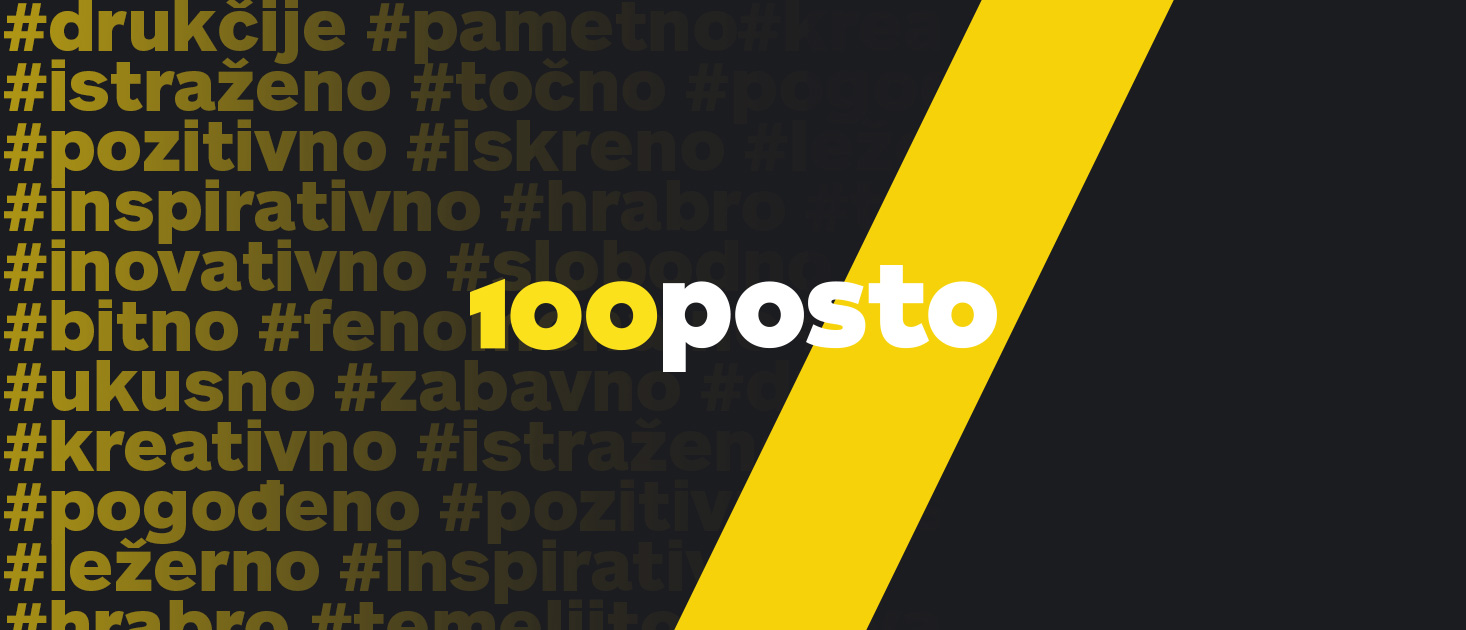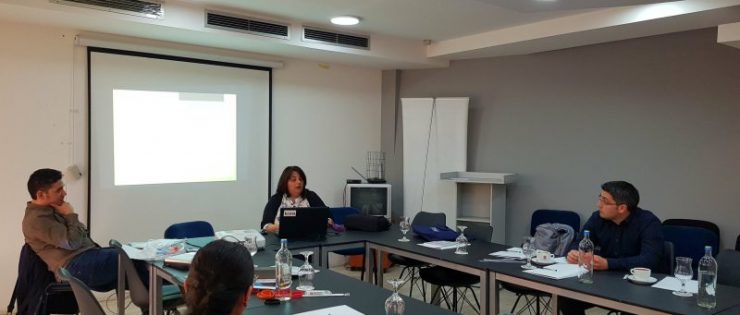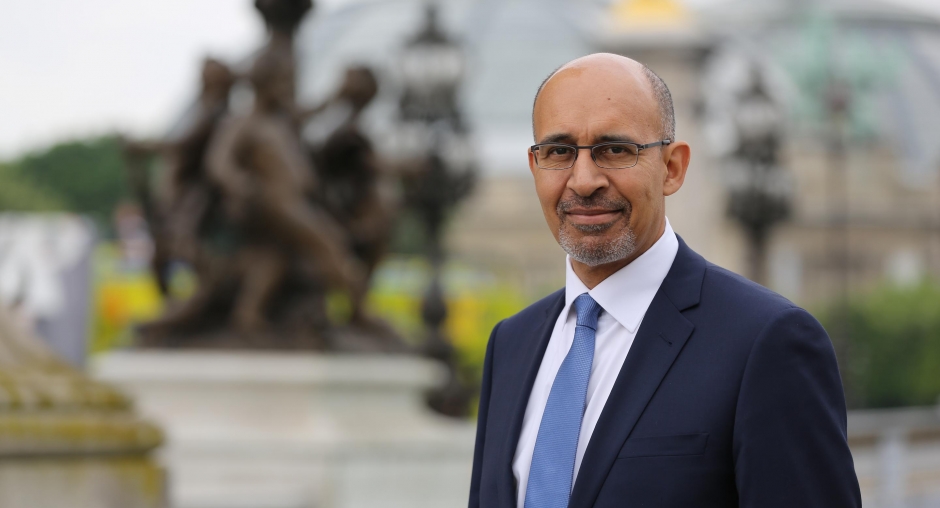STRUGA, 24.05.2018. – Politicians and public officials must not create a hostile environment for the media through their statements and actions and any threat to media or journalists must be taken seriously and investigated it is started in the recommendations of the OSCE Southeast Europe Media Conference held in Struga, Macedonia
The 5th Annual Media Conference for Southeast Europe, organized by the office of the Representative on Freedom of the Media from Vienna, in cooperation with six OSCE missions from the region, was held in Struga (Macedonia ) on 10 and 11 May, and ended with recommendations that came out from panels and broad discussions during the conference.
Implementation of recommendations should provide concrete steps in the progress and strengthening of media freedom in the region. In the two-days debate in Srtuga, the topic of journalist safety dominated, because only one day before the conference in Podgorica, somebody was shooting on Olivera Lakic a journalist in Vijesti, and in the previous year, three investigative journalists were killed in Europe (Daphne Caruna Galizia, Jan Kuciak and Makim Borodin).
On the first day, on May 10, participants of the OSCE Media Conference jointly supported the Declaration in which they strongly condemned the wounding journalist from Montenegro Olivera Lakic.
The main message of the conference is that every obstacle to the press freedom is an obstacle to democracy. They are an obstruction of, not only the work of journalists, but also an obstruction of people’s right to access information. Crimes against journalists are crimes against democracy.
In the closing remarks, the OSCE representative on Freedom of the Media Harlem Désir emphases the following recommendations:
Any attacks or threats against investigative journalism should sound an alarm to the authorities who must ensure that journalists work in a safe and secure environment.
To emphasize this point, our recommendations on this issue are also firm demands:
1) Politicians and public officials must not create a hostile environment for the media through their statements and actions;
2) Any threat to media or journalists must be taken seriously and investigated;
3) Impunity is not an option for democracies. Perpetrators and masterminds of crimes against the media must be brought to justice;
4) It was clearly said that governments need to allocate adequate human and financial resources to investigations. Law enforcement, prosecutors and judges must be made aware of the necessity to treat attacks against journalists as a high priority and work with journalists’ organizations; and
5) Special attention must be paid to the issue of safety of female journalists. As we have repeatedly heard female journalists face additional threats including online. In response, the authorities and media outlets must develop gender mainstreamed strategies to better ensure their safety so that we do not loose these essential voices in our societies.
The second issue that we raised in the conference was the working conditions of journalists. Journalists in the region face very grave problems when it comes to safeguarding their employment and social rights. It is obvious that journalists who are not secure when it comes to their employment, lack independence.
We heard about the need to strengthen the role of the journalists unions in ensuring collective rights. Better working conditions reduce potential exposure to political and other forms of pressure.
In many cases media outlets themselves are under economic pressure and pass on this pressure to their employees. They face unfair markets, politically controlled advertising, financial and tax inspections.
There is a need for more transparency when it comes to media funding, especially when funding comes from public bodies. It is important that the authorities do not try to influence the media market through hidden subsidies.
We will provide a set of recommendations on public press subsidies based on good practices from other European participating States in the coming months.
Our third session, on public service media, emphasized the important role they play in educating and informing our societies.
There is a need for restructuring of all public media in the region to ensure their political independence and financial sustainability.
The governing bodies and staff must be selected on the basis of their professional qualities and not party loyalty.
Public service media must also be at the forefront of fostering investigative journalism. They should support innovative ways to engage their audience. Financing, modernisation through investment and
training of personal and clear provisions in law to ensure independence, are key for the future of Public Service Broadcasters.
The regulatory agencies must have the ability to exercise their role to protect Public Service from political interference and guarantee fair conditions for the development of other media actors.
In the fourth panel on self-regulation we heard about the challenges of transforming the current self-regulatory models for use in the online environment.
Self-regulation can be an important tool to raise professional and ethical standards. Digital literacy strategies are important to ensure that journalists and media actors as well as the public are able to effectively engage in media self-regulation.
Journalists´ Codes of Ethics should reflect the changing media landscape, and every effort should be made to ensure their consistent implementation.
The sustainability of Press Councils should be a priority for the media community given their essential role in facilitating media self-regulation.
The panel on digitalisation highlighted that basic human rights and rights related to freedom of expression and access to information need to be safeguarded online, just as they are offline.
Technological advances can foster the democratization of the media, expanding the possibilities for self-expression and delivering news faster to broader audiences. However, media should continue focusing on quality rather than fast delivery.
Credible research and facts should be the basis of all journalism and media should continue to strengthen their credibility through fact-checking, particularly online.
No single model for expanding the revenue base in the digital age has proven sustainable or effective. Media should therefore explore and experiment with different financing models in the digital age.
The last panel of the day was on so-called “fake news”. During this panel it was determined that States should not adopt legal bans on “fake news” that are counterproductive and prone to abuse.
Existing laws, including on civil defamation laws, provide adequate legal remedies for the dissemination of false information which harm reputation.
The best way to counter disinformation is by creating a free, independent and diverse communication environment and a media literate society.
Internet intermediaries must have clear policies for restricting or deleting content which meet, as a minimum, due process guarantees and international standards on freedom of expression.
These are just some of the issues that I have noted from our discussions. These conclusions and recommendations reflect what many of us have already stated many times in different fora. What is important is that they are followed-up and implemented. These recommendations will also help me in my discussions with the governments in the region.
In his closing remarks, Desir announced that in the next few weeks the OSCE will work on a more detailed set of conclusions as an outcome of this conference, stressing that a specific set of recommendations would be related to the regulation of the Internet in the region.
OSCE missions in the region will use these recommendations in their work on the ground, because all of them have safety of journalists as their first priority and are engaged with the authorities and the media community to help improve the situation in the region.


